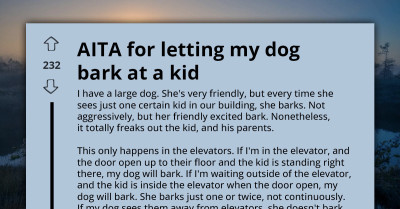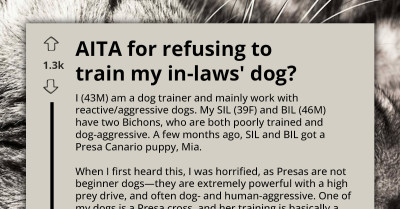Poor Dog Banished To Animal Shelter As Homophobic Owners Disown Him For Being 'Gay’
In a world where love should conquer all, it seems some folks missed the memo. Fezco, the lovable pooch, captured hearts worldwide after his absurd story came to light.
His owners made the perplexing decision to abandon him simply because they deemed him "gay." Yes, you heard that right – apparently, even dogs can face discrimination based on their perceived sexual orientation.
Stanly County Animal Protective Services (SCAPS) in Albemarle, North Carolina, became Fezco's temporary home after his owners decided his harmless antics were just too scandalous to bear.
What exactly was Fezco's crime, one might ask? You see, he engaged in some innocent dog-on-dog humping with a male counterpart – a behavior that's as normal in the canine world as chasing squirrels or begging for treats.
But fear not, for every cloud has a silver lining. Fezco, with his friendly demeanor, didn't let this setback dampen his spirit—and neither did the wonderful folks at SCAPS.
They championed his cause and shared his story far and wide, and soon enough, Fezco's tale caught the attention of a cheerful gay couple. They saw beyond his misunderstood behavior and into the loving heart of a furry friend in need.
With open arms (and perhaps a few extra belly rubs), the couple welcomed Fezco into their home, proving that love truly knows no bounds—not even species-specific ones.
Scroll down to find out how Netizens reacted to this.
Poor Fezco was accused of being ‘gay’ by his owners and abandoned at a pet shelter in North Carolina
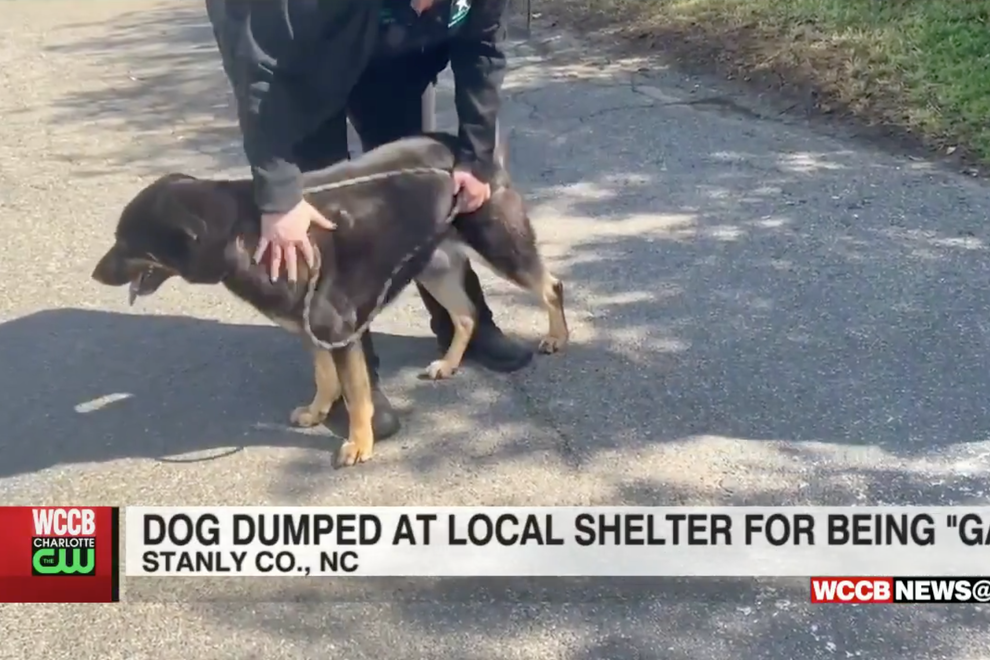
Wonder if it was the humping that made the owners conclude that Fezco is gay

Understanding Social Stigma and Its Effects
Dr. Olivia Green, a psychologist specializing in animal behavior at UC Berkeley, discusses how social stigma can profoundly affect both animals and their owners. In this case, the dog's abandonment due to perceived 'gay' behavior reflects societal biases that can lead to harmful outcomes.
Research shows that stigma can create feelings of worthlessness and isolation, not just for individuals but also for their pets, who rely on their owners for emotional support.
Apparently, people call animal shelters with suspicion that their dog could be gay.

"Male dogs hump other male dogs to assert dominance."

Studies in social psychology indicate that the perception of deviance from societal norms can lead to extreme responses, including rejection and abandonment. This is especially relevant when individuals or animals are viewed through the lens of traditional gender roles and heteronormative standards.
Understanding these psychological dynamics is crucial for addressing stigma and promoting acceptance.
According to this user, gay animals do exist.

South Park was ahead of its time. Interestingly, it's been over two decades since that episode aired.

The Psychological Impact of Rejection
Research published in the Journal of Abnormal Psychology emphasizes that rejection can lead to significant emotional distress, contributing to feelings of loneliness and despair. The dog's experience of being disowned reflects the profound impact of social rejection on well-being.
Animals, much like humans, thrive on social connection and can suffer when that connection is severed.
This user watched their male cat form an inseparable relationship with another male.
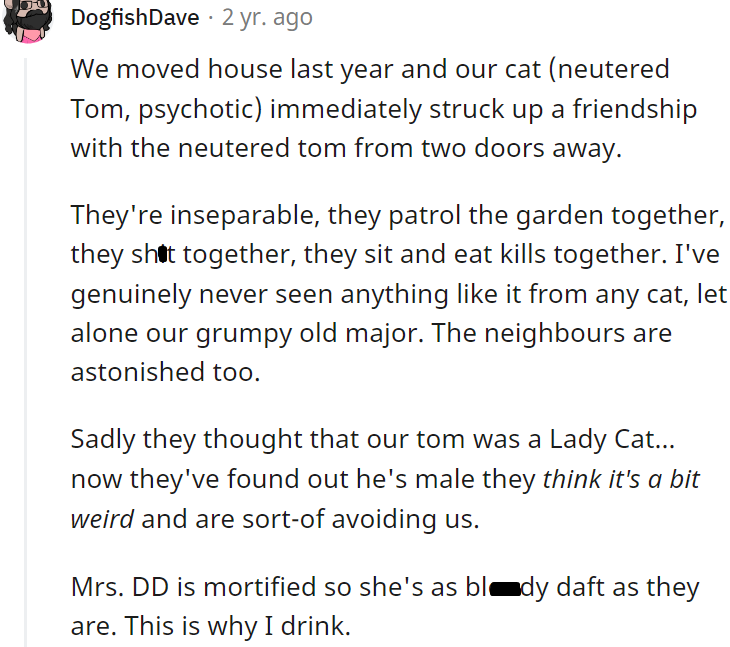
"A dog can't be gay. Or straight. Or bisexual. They're dogs."

Advocating for Acceptance and Compassion
To combat stigma, it's essential to promote acceptance and compassion towards all beings, regardless of their perceived differences. Educating individuals about the emotional needs of pets can foster a more inclusive and understanding environment.
Advocating for animal rights and promoting awareness of the harmful effects of stigma can lead to more compassionate treatment of animals and their owners.
"I have a goat that is gay. When he was still intact, he would exclusively court other males and never females."
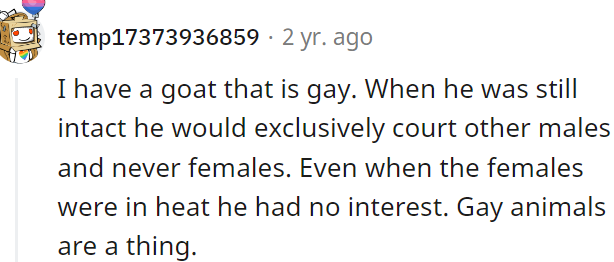
"We currently have a male cat that refuses to hump the female cat that is in heat."

The black and brown bundle of joy now spends his days showered with affection from his new dads. And as for his previous owners? Well, let's just say they missed out on the opportunity to witness the unwavering loyalty and unconditional love that Fezco brings to those lucky enough to know him.
So, here's to Fezco and his happily ever after—a heartwarming reminder that love, in all its forms, conquers prejudice and finds its way home.
We'd love to get your thoughts on this story. Join the conversation in the comments.
This couple observed their dog long enough to know that he was gay. And they supported him without thinking twice.
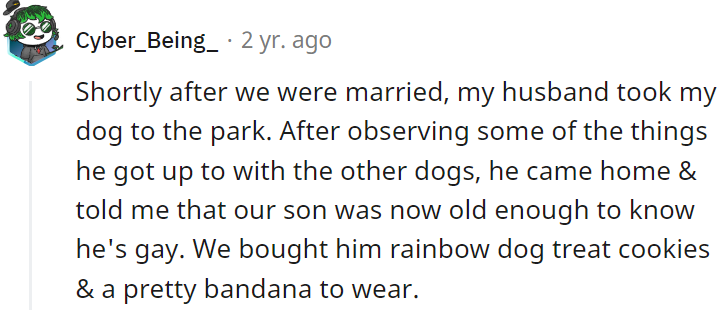
Imagine having a gay dog that helps you get ready in the morning.

The Role of Support in Overcoming Stigma
Support systems play a vital role in helping individuals and animals cope with stigma-related challenges. Research shows that fostering community support can significantly enhance resilience in the face of social rejection.
Creating inclusive spaces where both humans and animals are accepted can help mitigate the effects of stigma and promote overall well-being.
Psychological Analysis
This situation highlights the damaging effects of stigma on both animals and their owners. It's crucial to understand that rejection can have severe emotional consequences for all involved.
Promoting acceptance and advocating for animal rights can help create a more compassionate society.
Analysis generated by AI
Analysis & Alternative Approaches
Social stigma can have profound effects on both individuals and their pets, leading to harmful outcomes driven by societal biases. Research emphasizes the importance of acceptance and compassion in overcoming these challenges.
By promoting understanding and support, we can create more inclusive environments that enhance the well-being of all beings.
